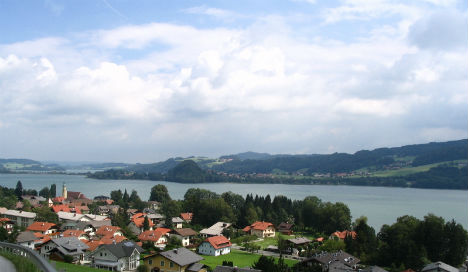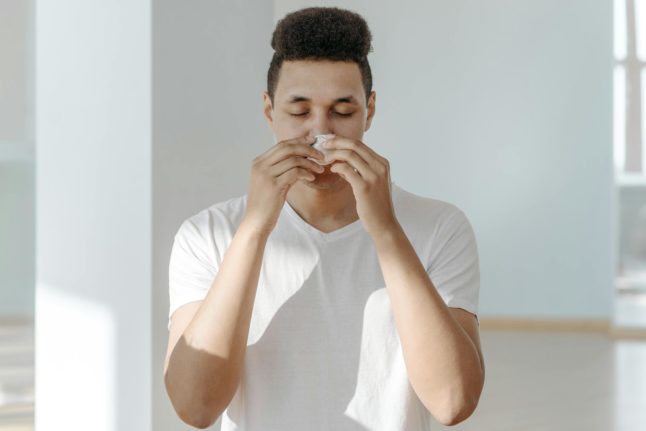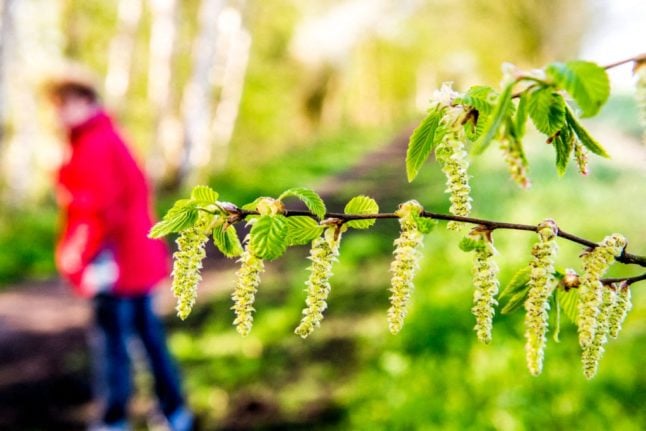Environment Minister Andrä Rupprechter (ÖVP) and ORF Director General Alexander Wrabetz awarded prizes in 16 categories to the best environmental projects from around Austria, out of 172 submissions. A total of almost 48,000 votes were cast from across the country.
Seeham, population 1,800, stood out because it relies entirely on sustainable businesses. Of the 40 farms in the surrounding area, 80 percent are certified organic.
The village also has its own organic grocery store, local cheesemaker, an organic chocolate producer and organic bed and breakfasts. Even its tourism is sustainable and green, including an adventure trail around Lake Obertrumer, an e-bike hire company, a bee nature walk, and farm holidays.
Environmental awareness starts early, with the village kindergarten and primary school relying solely on local, organic produce for the children’s snacks and lunches.
The community’s heating is fuelled by wood from local, sustainably managed forests.
Mayor Peter Altendorfer (ÖVP) said the award was “an important stage in our work for the environment and a great honour”.




 Please whitelist us to continue reading.
Please whitelist us to continue reading.
Member comments